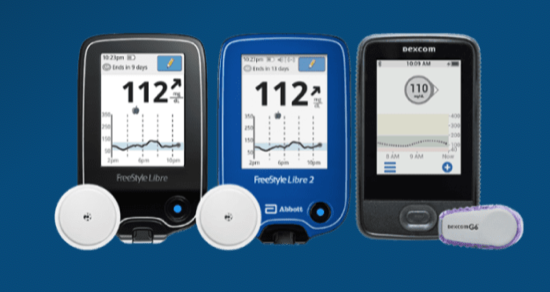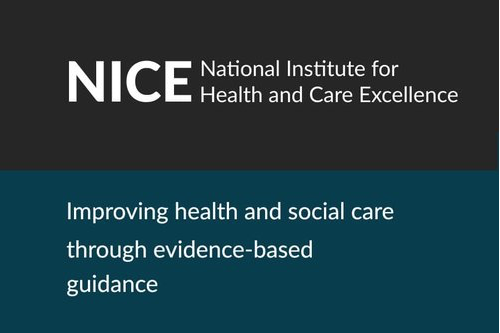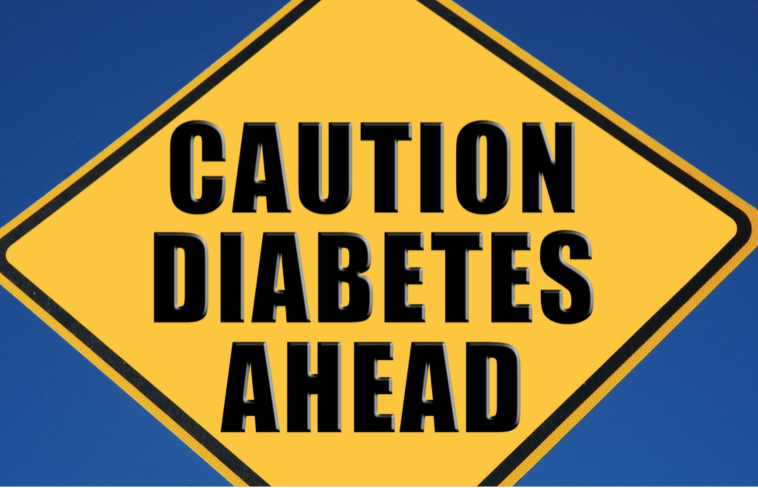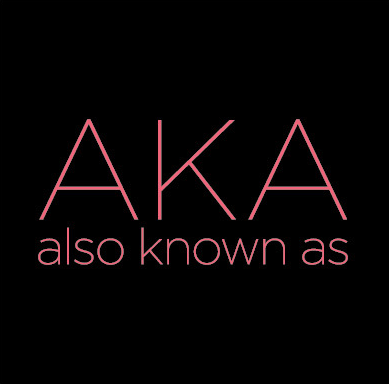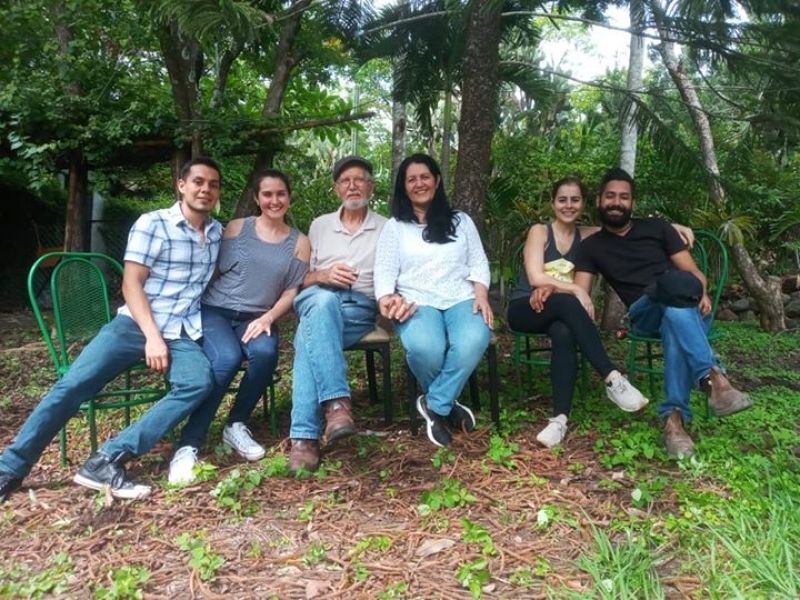
1/11 Many people cut out sugar + carbs as a way of reversing type 2 diabetes, pre-diabetes or improving their health #LCHF
At a recent group consultation many of my patients shared worries about how to avoid carbs in restaurants as 🇬🇧emerges from lockdown
Here are my top tips👇
At a recent group consultation many of my patients shared worries about how to avoid carbs in restaurants as 🇬🇧emerges from lockdown
Here are my top tips👇

3/11 Put aside time to think about the meal in advance
It's hard to think clearly when arriving in a busy restaurant
"If you fail to plan, you plan to fail"
Try looking at the menu online before you go and have a think about your food and drink choices before you arrive
It's hard to think clearly when arriving in a busy restaurant
"If you fail to plan, you plan to fail"
Try looking at the menu online before you go and have a think about your food and drink choices before you arrive

4/11 Think carefully about what you'll drink
Beer has a lot of carbs, wine/spirits far less BUT watch the mixers
A small can of tonic water has about 4 tsp sugar - even diet tonic has 1 tsp
Diet Coke is better than Coke but I wouldn't put either in my body!
Soda water = no sugar
Beer has a lot of carbs, wine/spirits far less BUT watch the mixers
A small can of tonic water has about 4 tsp sugar - even diet tonic has 1 tsp
Diet Coke is better than Coke but I wouldn't put either in my body!
Soda water = no sugar

7/11 Don't worry about being a bit awkward when ordering, it's OK - you're the one that's paying the bill
Think about asking for a salad instead of chips or potatoes or ask for a burger but without the bun
Think about asking for a salad instead of chips or potatoes or ask for a burger but without the bun

8/11 Swap out the starchy carbs, potatoes, sweet potatoes, pasta and rice for vegetables grown above ground like cauliflower, courgette, peas, broccoli, cabbage, spouts etc 

9/11 If you're eating Asian food/curry, Thai etc watch out for the rice and the naan bread. Instead think about having another meat/fish curry or a vegetable side dish (without potatoes) instead. Chickpeas (chana) and lentils (dhal) are good alternatives for many people 

10/11 Desserts are always tricky. Options for me include cheese (but no biscuits) but I often simply order a different starter rather than a dessert - I don't mind if the person serving thinks I'm weird! 🤪 

11/11 Lastly, don't worry if you fall off the wagon and are disappointed with yourself
Take it as an opportunity to learn how to handle it better next time, put it behind you and move on
It's not a catastrophe, just a bump in the road to better health
Enjoy your meal out 🍽️😋
Take it as an opportunity to learn how to handle it better next time, put it behind you and move on
It's not a catastrophe, just a bump in the road to better health
Enjoy your meal out 🍽️😋

• • •
Missing some Tweet in this thread? You can try to
force a refresh




